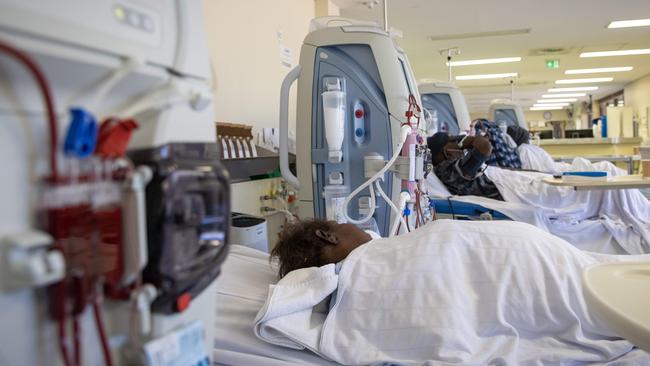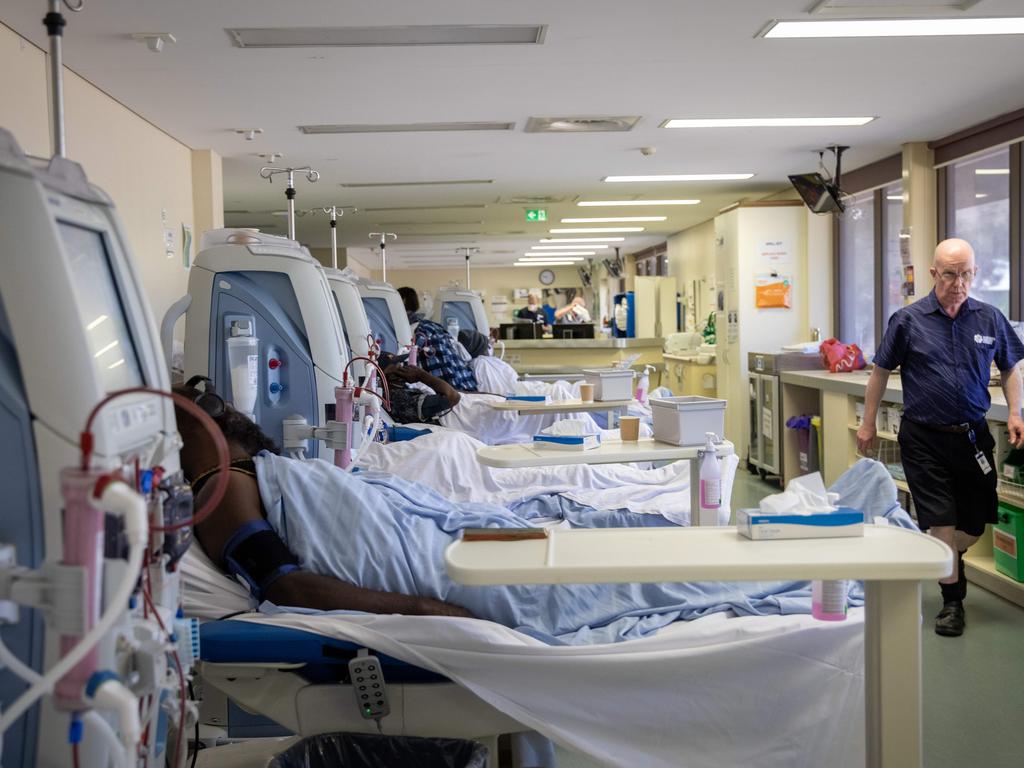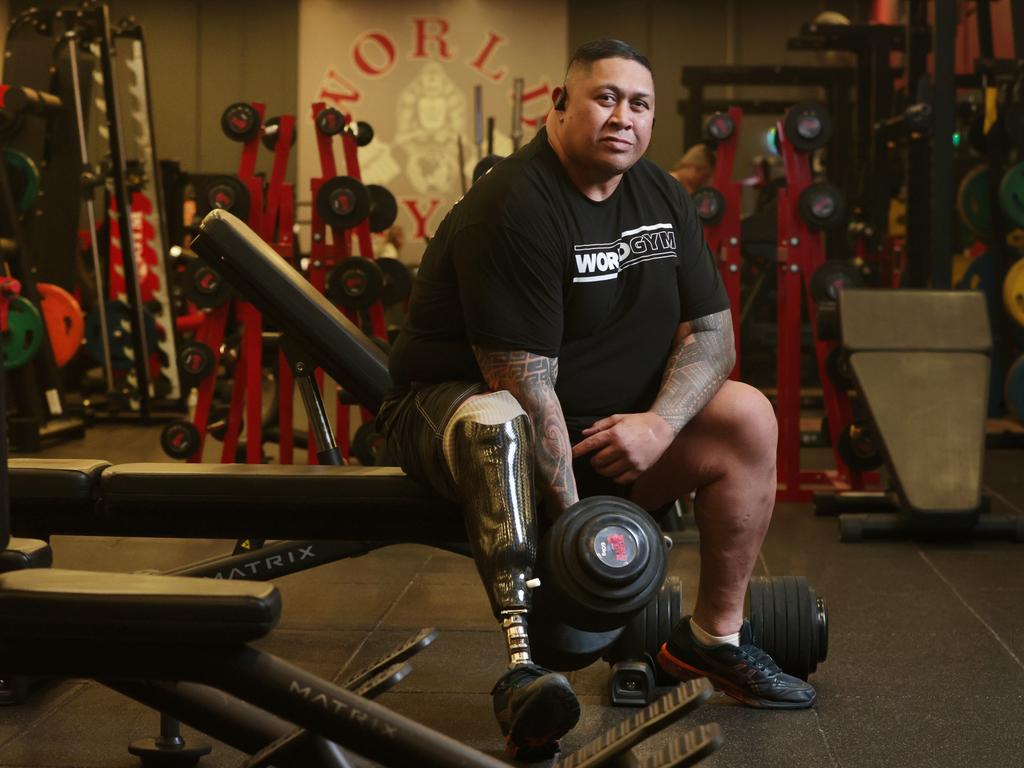Diabetes surge needs major public health initiatives

Led by health editor Natasha Robinson, The Weekend Australian has launched an in-depth investigation of the problem, based on the experiences of doctors, patients and their loved ones on the frontlines. From Alice Springs, where the rate of renal dialysis is 10 times that of the rest of the nation, to western Sydney, where doctors are struggling to keep up with the need for services, the situation is unsustainable, David Simmons, distinguished professor of medicine at Western Sydney University’s Macarthur Clinical School and head of Campbelltown Hospital’s endocrinology department, told the newspaper. “From a southwest Sydney point of view, between 20 and 25 per cent of our inpatients have diabetes,” he said.
“And we don’t have the sorts of resources that we should have, particularly in Campbelltown. We have a large proportion of outpatients. People often go home without being seen by one of the diabetes team, and therefore they don’t have a plan for their diabetes. People are losing their lives either because they’re not accessing the care or the care isn’t being delivered to the level that it needs to be.” Working in the same area, southwest Sydney GP Ken McCroary sees patients every day with “out of control” blood pressure and “crazy high” sugars.
As Professor Simmons says, this is the real pandemic. Many patients cannot afford private care because they cannot afford the out-of-pocket costs. “We don’t have the private specialists here even if they could.” Finding solutions that will work over time cannot be beyond the health system, which demonstrated what could be achieved, even in a relatively short timeframe, with a concerted effort during the Covid-19 pandemic. Diabetes, too, is an emergency. According to official figures, one in six Australians over the age of 25 – about two million people – is living with prediabetes or at high risk of developing type 2. In practice, Diabetes Australia says up to four million people – 15 per cent of the population – are living with or at risk of the disease.
At Alice Springs Hospital, the small dialysis unit runs almost 24 hours a day. Dr Cherian Sajiv, director of nephrology at the hospital, says: “You can call it a disaster when you have young people transitioning on to dialysis in their 20s and 30s.” After the defeat of the voice, we undertook to shine a light on issues at the root of Indigenous disadvantage. Serious inadequacies were exposed in our recent series on the NT education crisis, for example. Diabetes, and the lack of preventive and early treatments, warrants no less attention. The prevalence of kidney disease in Central Australia, proportionally, is three times that of Taiwan, the world’s worst locale for renal disease.
To some extent, addressing the problem is the responsibility of patients and parents. Sugary drinks are in the firing line, as are junk food and excessive carbohydrates, Robinson writes in Inquirer. It is also the responsibility of health systems to provide the frontline expert support and services needed. Preventive healthcare, the OECD economic report noted this week, is in the nation’s interest. Mainly, however, it is about quality of life and avoiding the painful and deadly consequences of a problem that has quietly become endemic.





The statistics and the suffering they represent are alarming. Lifestyle-related type 2 diabetes is harming increasing numbers of Australians, especially – but far from exclusively – Indigenous people and young people. The consequences include kidney failure, dialysis, limb amputations, blindness, heart attacks, strokes and premature death. Across Australia, a diabetes patient has a minor or major amputation every two hours.